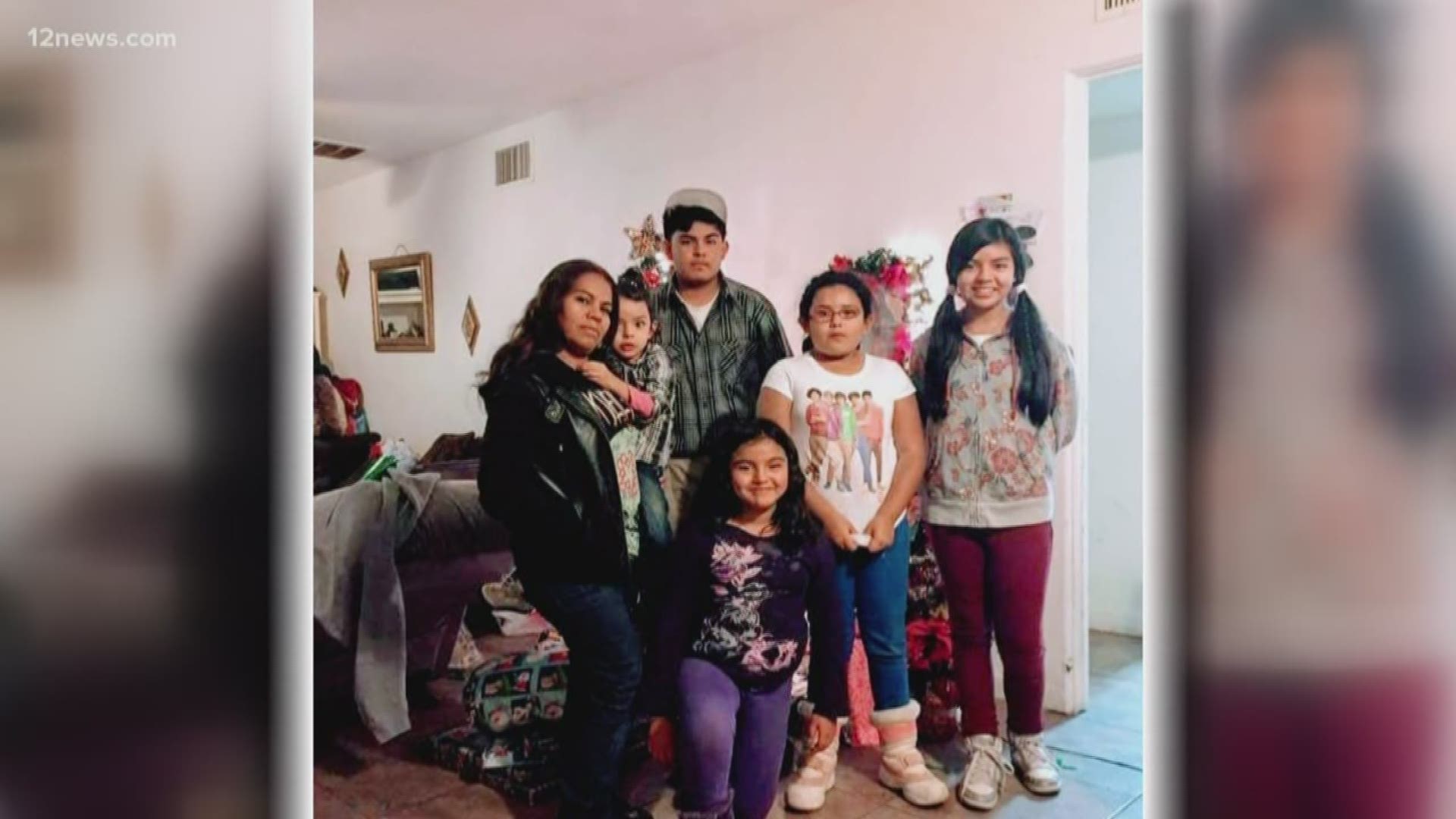PHOENIX — It has been nearly a month since Governor Doug Ducey signed an executive order proclaiming in a tweet "today I issued an executive order ensuring renters impacted by COVID-19 can stay in their homes during their time of need."
The order provided protections from those impacted physically and fiscally by the virus, giving constables the right to delay enforcing an eviction.
However, evictions are still happening.
According to data received from the Maricopa County Justice Courts, there has been no noticeable difference in the number of evictions in March of 2020 compared to March of 2019.
RELATED:
However, the Public Information Officer for the court system said more complete data may be available at the end of April, when the order would have been in effect for a full month.
“It is not stopping eviction actions in court,” Ken Volk President of Arizona Tenants Advocates said. “The tenants think it applies to anyone, it only applies if your hardship is related to coronavirus”
The order specifically states that the hardship must be detailed in writing to the landlord for it to become valid. The order also said the hardship should have any available documentation.
Volk said some people have missed this step, leading to them being removed from their homes.
“If you are divergent on that one iota, the landlord's attorney will have you for lunch,” Volk said.
The order also requires the tenant to acknowledge the original terms of the lease are still in effect, even if the tenant may not be physically removed.
The order also does not stop anyone from being legally evicted according to Volk, which can create a black mark on a person's record.
According to the Justice Courts spokesperson Scott Davis, many times tenants are waiting to talk to their landlords until later in the process.
If a case goes to court, Davis said, a judge cannot consider the COVID excuse a legitimate reason for not paying. Most likely in these cases, the eviction order is granted and a writ of restitution is signed.
However, if a tenant does not move out, a Constable will go to serve the Writ. If given a COVID excuse, the Constable can decide to delay serving the Writ.
According to Davis: From 3/31/20 to 4/17/20, there were 19 Motions to Compel filed, compared with zero for the same time in 2019. Of those 19, one was denied, allowing the tenant to stay. Five were granted, upholding the eviction.
RELATED:

